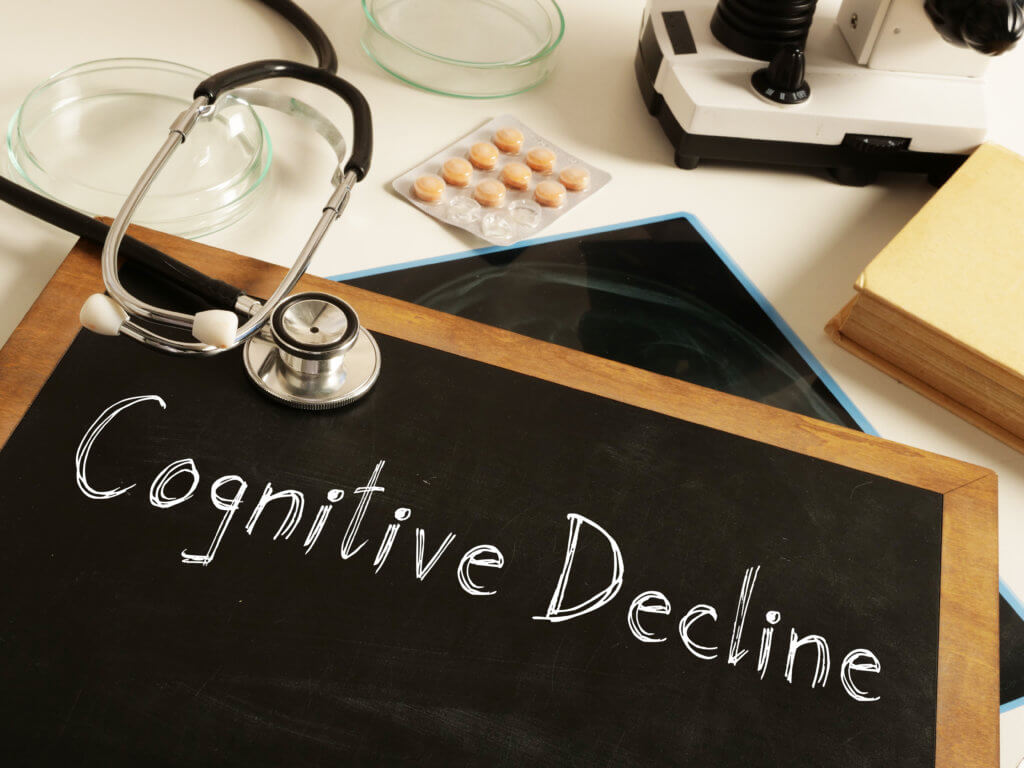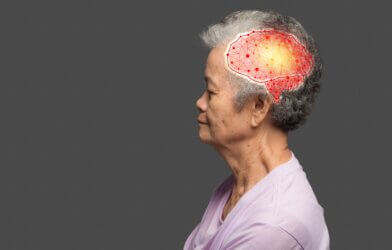If you’re worried that you’re in the beginning stages of Alzheimer’s disease because your memory isn’t as strong as it used to be, don’t get ahead of yourself just yet. Elderly people can show signs of mental decline without getting dementia, according to recent research. Those whose cognitive abilities are waning, but show no sign of brain damage, could reverse their fortune by making healthier life choices, say scientists.
It’s estimated that 5.8 million Americans suffer from Alzheimer’s disease, the most common form of dementia, according to 2020 figures by the Centers for Disease Control and Prevention. The incurable condition affects many brain functions ranging from memory loss to hallucinations and personality changes, which usually become more severe over time.
In this 2021 study by researchers at the University of Cambridge, authors say that older people who show signs of cognitive decline need not jump to conclusions. “With increasing life span, there is growing importance of understanding the mechanisms of successful cognitive aging,” the authors write in the paper. “Here we test the hypothesis that cognitively frail adults represent a branch of healthy aging, distinct from latent dementia.”
Healthy and “cognitively frail” adults over 50-years-old from the Cambridge Centre for Ageing and Neuroscience study were recruited by the researchers. A series of tests were used to evaluate each individual’s cognitive abilities, while their brain structure and activity was measured using medical MRI, EEG and MEG scans.
The brains of people with Alzheimer’s disease were compared to those suffering from more cognitive impairments with noticeable memory problems. While both groups performed worse than healthy adults on the cognitive tests, the brain structure and activity was different.
“As a corollary, if cognitively frail adults are in the prodromal stage of Alzheimer’s disease, then one would expect similar structural changes in the hippocampus and temporal cortex, and similar physiological change,” the paper explains.
The brains of cognitively frail patients did not show damage in areas typically affected by Alzheimer’s disease like the hippocampus, the researchers found. This suggests cognitive decline could be a natural part of life rather than an early warning sign Alzheimer’s is around the corner.
“This conclusion calls for a re-evaluation of the prior findings that associate cognitive frailty leads to higher incidence of dementia and cognitive decline,” study authors write.
Instead, staying sharp could hinge on lifestyle factors, many of which are reversible and modifiable, like physical activity, stress, education and heart health.
“Our findings provide new evidence that cognitively frail older adults are neurophysiologically and structurally similar to those with successful cognitive aging, without the hallmarks of mild cognitive impairment despite similarly poor cognitive function,” the study concludes. “Their underperformance on cognitive tests could be due to lower cognitive reserve and other risk factors across the lifespan.”
The findings are published in the journal JNeurosci.
South West News Service writer Tom Campbell contributed to this report.












